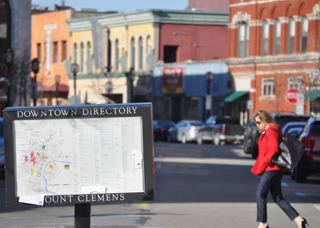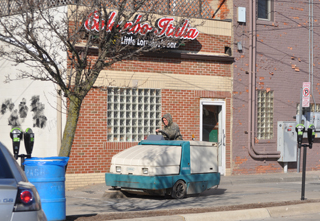
Revenue sharing should go to communities that provide services and create jobs and vibrant places where people want to live, work, shop and enjoy.
Yesterday the Senate General Government Appropriations Subcommittee reported its version of the budget that scraps the Economic Vitality Incentive Program (EVIP) and reworks the revenue sharing formula.
The Senate’s proposal includes an additional $31 million for revenue sharing for local communities. The proposal would give a 1 percent increase to all cities, villages and townships who were eligible for EVIP in 2013-14 upon showing they have a dashboard (the only bit of EVIP left in this proposal.)
The remaining $28.6 million would be distributed based upon a formula that looks at adjusted unit type population, taxable value, and tax yield equalization. No payments of less than $3,500 would be made.
In computing unit type population, townships over 20,000 and townships over 10,000 that offer 24-hour police and fire services and water and sewer services to more than 50 percent of their residents would receive the same weight as cities.
The Senate proposal also includes $10 million in grants to communities who show signs of probable financial distress. A community could receive up to $2 million for projects or services to help them move toward fiscal stability.

Sen. Pappageorge
The Senate Fiscal Agency has put together a comparison of the House and Senate EVIP recommendations that is available here:
EVIP comparison
A huge thank you to Senator Pappageorge for removing these burdensome EVIP requirements. We are always yelling when we don’t like something, so please make sure you take time to say thank you. You can email Senator Pappageorge here.
We are also pleased that we are having a discussion about distributing scarce resources to communities who are providing services. Of the three proposals before us, this one is certainly moving in the best direction to help communities provide essential services and create the kinds of places that will attract and retain talented employees and jobs.
Samantha Harkins is the Director of State Affairs for the Michigan Municipal League. She can be reached at 517-908-0306 or email at sharkins@mml.org





